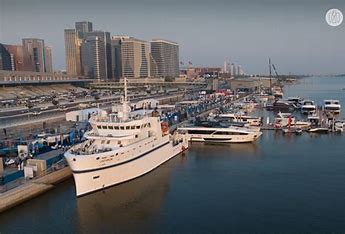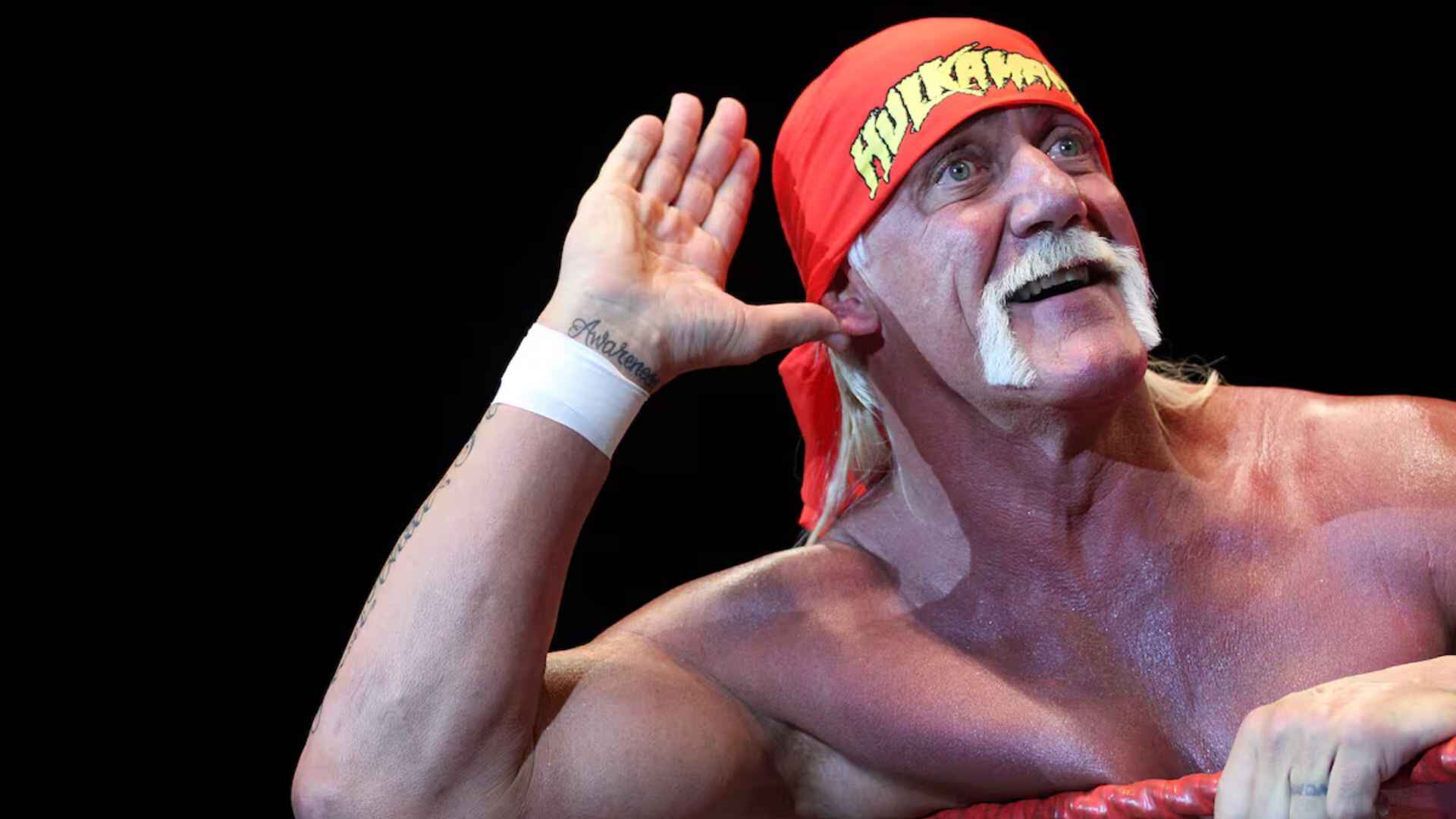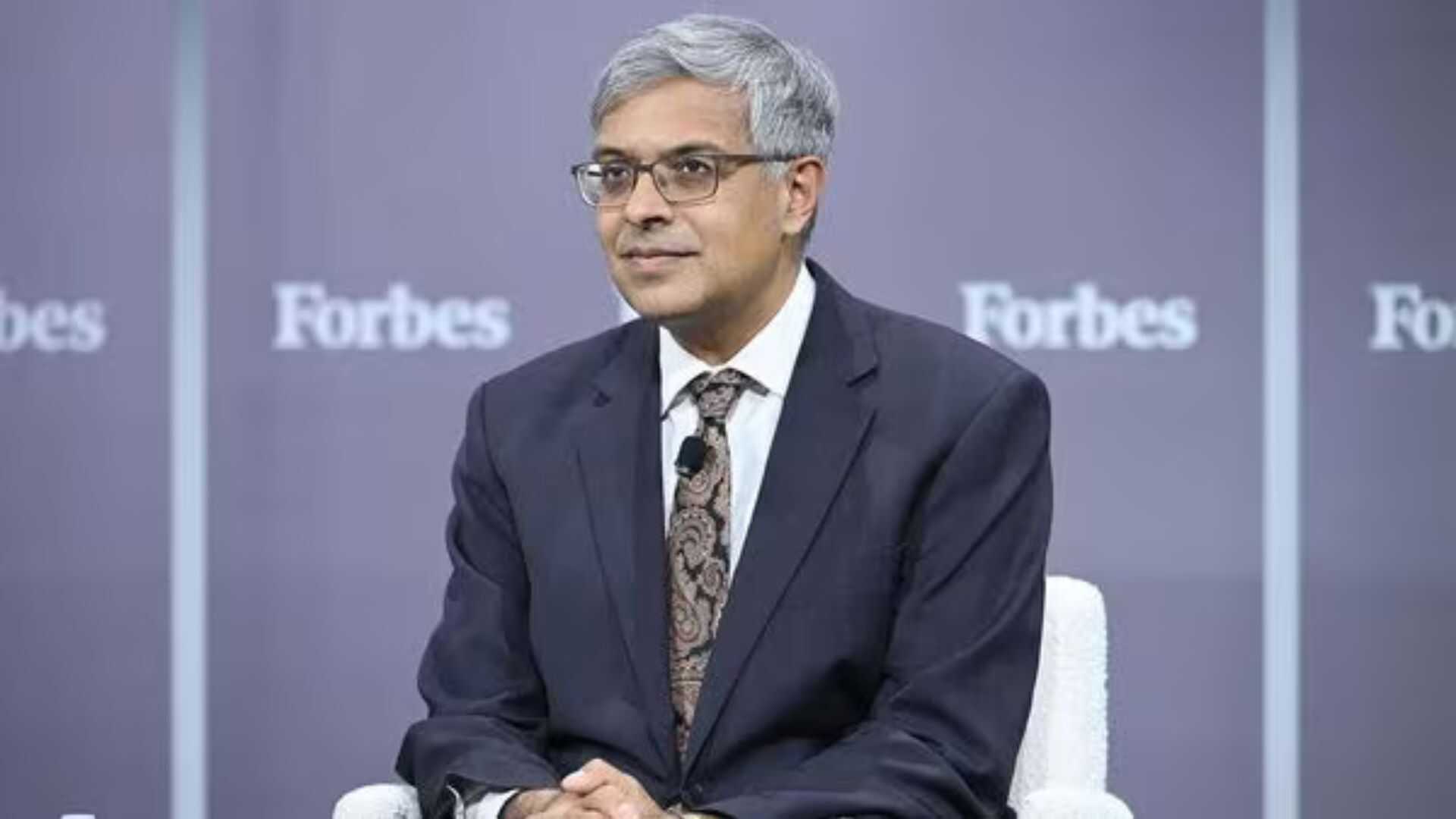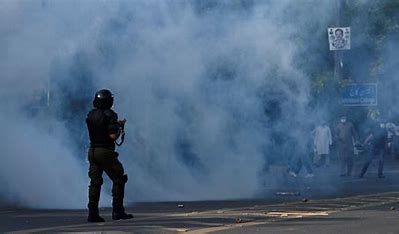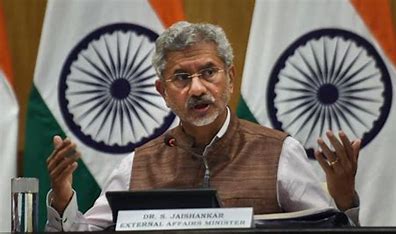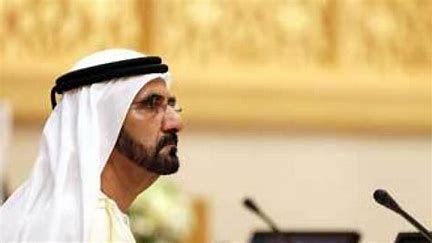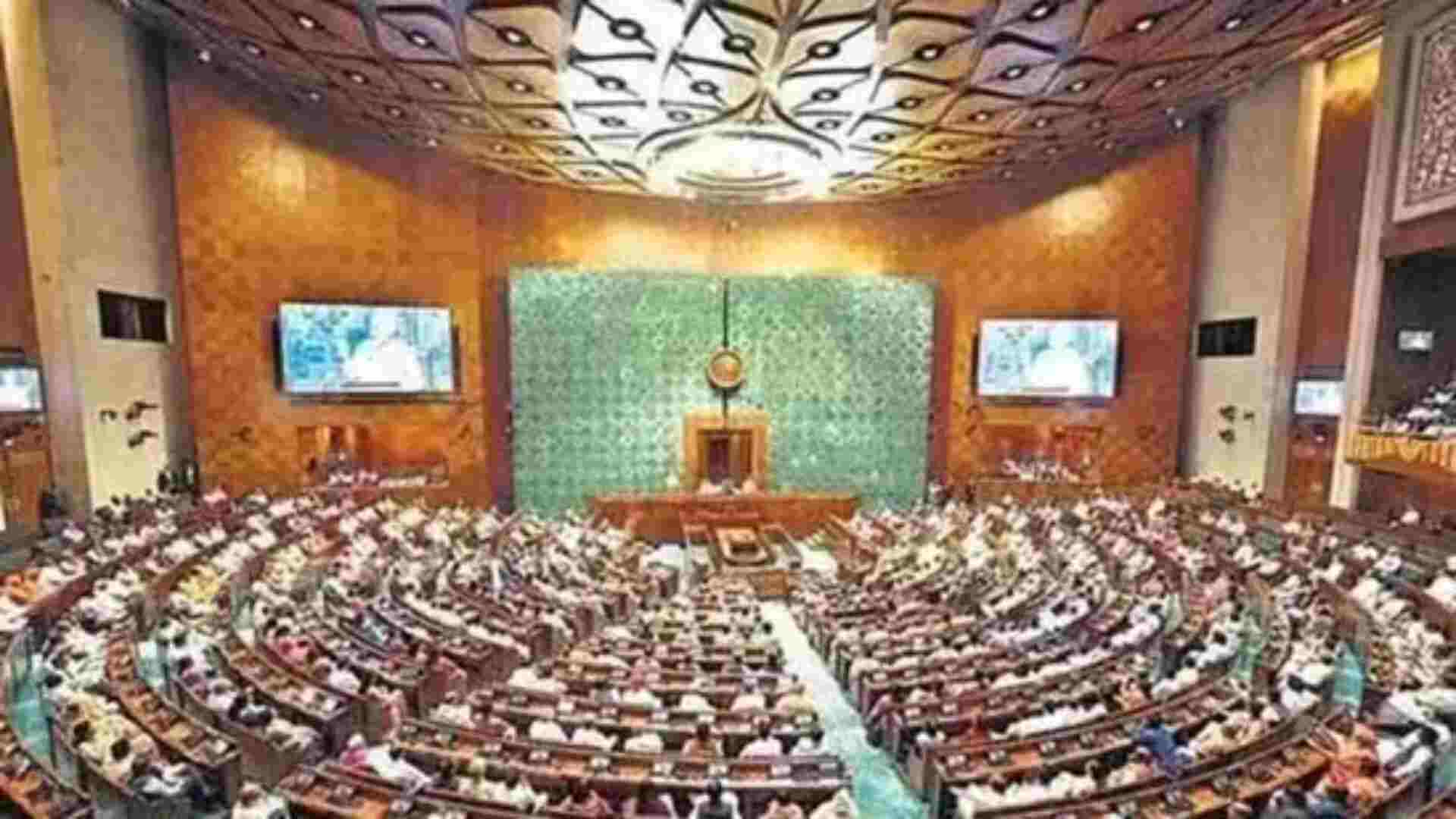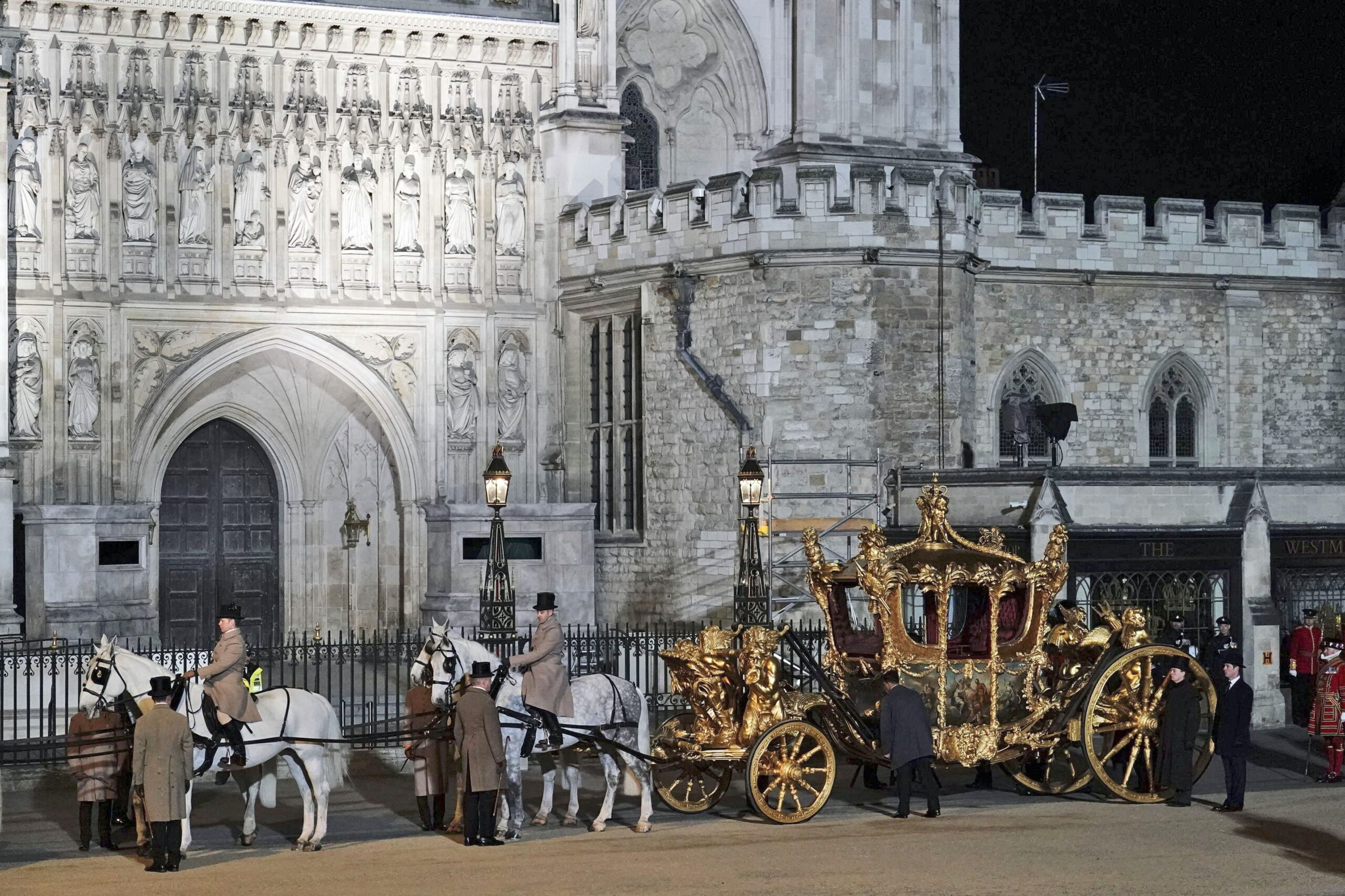
The crown has been resized. The troops are prepared for the biggest military procession in 70 years. The Gold State Coach is ready to roll.Now it’s time for the show.King Charles III will be crowned Saturday at Westminster Abbey in an event full of all the pageantry Britain can muster.
Enrobed clergymen will hand over the medieval symbols of power — the rod, the scepter and the orb. Brass bands and soldiers in bearskin hats will troop through the streets. And the new king and queen will presumably end the day on the balcony of Buckingham Palace to wave to the cheering crowds.But don’t be too dazzled. There’s purpose behind the pomp: to buttress the crown’s foundations and show that the people of the United Kingdom still support their monarch.
Royal historian Robert Lacey compares the event to a U.S. presidential election and an inauguration rolled into one — a celebration as well as a test of how the public sees the new sovereign.
“The king obviously is not subject to the vote and so these big public rituals are the closest royal people get to that sort of test,’’ said Lacey, author of “Battle of Brothers: William & Harry — the Inside Story of a Family in Tumult.” “Its basic purpose is to attract the loyalty and interest of British people to demonstrate that crowd outside Buckingham Palace waving at the balcony.”
But, while TV screens around the world will be filled with flag-waving fans, Charles’ coronation comes at a difficult time for the royals.
Opinion polls show that support for the monarchy has weakened over time. Britain is gripped by double-digit inflation that is eroding living standards and making some people question the expense of the coronation. And the royal family is riven with controversy as Charles’ younger son, Prince Harry, lobs criticism from his base in Southern California.
More fundamentally, some in Britain’s increasingly diverse society want a re-examination of the monarchy’s links to the trade in enslaved Africans and its role in the former British Empire, which ruled over large parts of Asia, Africa and the Caribbean.
The king has tried to address some of those concerns by promising to open the royal archives to researchers studying the family’s links with slavery.
But the coronation will be a broader, more symbolic effort to show the monarchy still has a role to play.The crowning of Charles and Camilla, the queen consort, will feature many of the elements of coronations past — the hymns, the prayers, the anointing with oils — all of which are designed to remind the world of the history, tradition and mystery embodied by the monarchy.
But the festivities have been tailored to better reflect modern Britain, where about 18% of the population describe themselves as belonging to an ethnic minority. That compares with less than 1% when Charles’ mother, the late Queen Elizabeth II, was crowned in 1953.
For the first time, religious leaders representing Buddhist, Hindu, Jewish, Muslim and Sikh traditions will play an active role in the ceremony. The music will feature pieces written and performed by artists from each of the U.K.’s four nations and throughout the Commonwealth.
